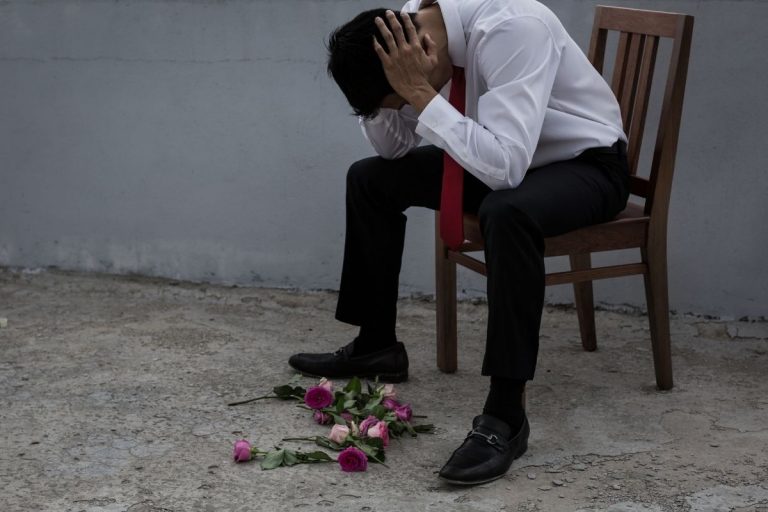Marriage. It’s a topic that gets talked about endlessly; compatibility, finances, family expectations. We’ve all heard it, right? But there’s a story in the Quran that flips all of that on its head. It’s not just a beautiful anecdote; it’s a powerful reminder of what really matters in a relationship. I’m talking about the story of Prophet Musa (AS) in Surah Al-Qasas (verses 23–28). This isn’t just some distant, historical tale, it’s a story that feels so relevant, especially if you’re navigating the challenges of finding a spouse today. Let’s unpack it together.
At this point in his life, Musa (AS) was going through serious struggles. He had fled Egypt after unintentionally taking a life and was essentially homeless; no wealth, no job, no idea what the future held. Can you imagine the uncertainty and fear? Then, in Madyan, he comes across a well where shepherds are watering their animals, and he notices two women standing off to the side with their herd. They’re waiting patiently, unable to push through the crowd. Without hesitation, Musa (AS) steps in to help them. No ulterior motive, no expectation, just pure kindness.
What happens next? The women’s father sees Musa’s (AS) character and integrity and offers his daughter’s hand in marriage. No wealth. No status. Just trust and recognition of his inner qualities. Even the mahr was simple. Musa (AS) would work for eight or ten years, a straightforward agreement that matched his circumstances. SubhanAllah. Through Allah’s plan, Musa (AS) gained not just a spouse, but stability, safety, and a place to belong.
Now, let’s pause and reflect. What can we, as single Muslims, actually take from this story?
1. Character Over Circumstances: In today’s world, social media can make it feel like you need to have your life perfectly together before you’re even “allowed” to think about marriage. Got no six-figure job? No perfect family background? Forget it! But Musa’s (AS) story teaches us the opposite. He had nothing by worldly standards, but his character spoke louder than any of that. For parents especially, this is such a crucial lesson. Yes, financial stability and career goals are important. But they shouldn’t outweigh the traits that truly matter in a life partner.
2. Trust Allah’s Timing: If you’re single, I don’t need to tell you how exhausting the process can be. Endless wedding invites where you’re “introduced” to someone, swiping on apps that feel like they lead nowhere, or feeling like time is slipping away. Sound familiar? But look at Musa (AS). In the middle of his struggles, a simple act of kindness became the turning point in his life. He wasn’t obsessing over his “timeline.” He was focused on doing the right thing, and Allah’s plan unfolded in a way he couldn’t have predicted. This is such a comforting reminder: your job is to take action and make dua. The rest is in Allah’s hands. That kind word, that act of service, or even that casual chat at a community event could be the door Allah opens for your next chapter.
3. Family Should Be Facilitators, Not Barriers: One of my favorite parts of this story is the father. He didn’t sit around waiting for proposals to roll in. He saw Musa’s (AS) potential and took the initiative. How amazing is that?But let’s be real, this isn’t always the case today. Some of us feel like our families put up more barriers than bridges. Parents may focus too much on wealth, status, or cultural “perfection,” leaving us stuck in frustration or fear of disappointing them. This story is a reminder that family should be a source of support, not stress. Open conversations, trust, and mutual understanding are key. Imagine how much easier the process could be if parents and children worked as a team, like the father and daughters in Musa’s (AS) story.
4. Rethinking the Mahr: Can we talk about mahr for a second? In Musa’s (AS) case, the mahr wasn’t extravagant. It was practical, meaningful, and considerate of his situation. These days, inflated mahr expectations can feel overwhelming sometimes even a dealbreaker. But let’s not forget: the mahr is meant to symbolize commitment, not break the bank.
Finding a spouse in today’s world can feel like navigating a maze, especially with all the added pressures of society and culture. But Musa’s (AS) story shows us that marriage isn’t about ticking all the “perfect” boxes. It’s about building something meaningful on the foundation of trust, faith, and sincerity.
I’d love to hear your thoughts: Which part of Musa’s (AS) story resonates with you the most? Let’s talk about it in the comments. I can’t wait to hear your reflections.







